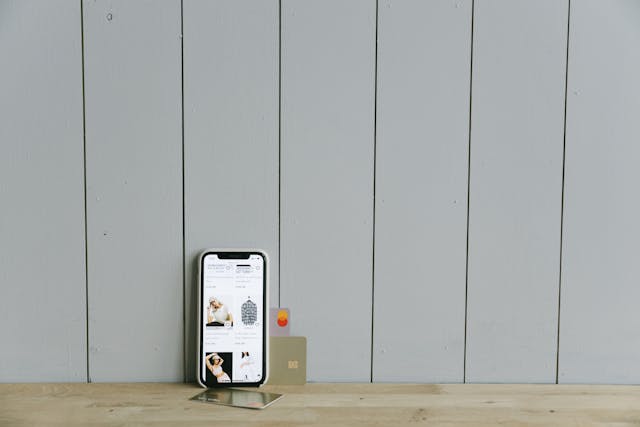You might think your smartphone is safe, but many people are unknowingly leaving their data wide open. In 2025, cybersecurity for mobile is more important than ever — and often overlooked.
I used to believe my phone was secure until I discovered a few apps and habits that put my information at serious risk. What I found shocked me and made me rethink my cybersecurity completely.
Stay with me, because I’m going to walk you through the simple things you can do today to protect personal data online. These are real-world cybersecurity tips that anyone can use.
1. Delete Apps You Don’t Use
You’d be surprised how many apps are quietly collecting data in the background — even if you haven’t opened them in months.
Unused apps can still access your contacts, location, and more. That’s a major mobile security risk.
Go through your phone right now and delete anything you don’t use weekly. Less is more when it comes to your digital safety and cybersecurity for mobile.
You may like this:
What’s Blockchain Technology?
2. Watch Out for Free VPNs and Battery Savers
Some apps that promise protection or speed are actually the worst offenders. Many free VPNs and battery boosters sell your data.
Instead, use trusted services with a proven record of protecting your online privacy and following cybersecurity best practices.
I personally switched to a paid VPN and noticed not only better speed but peace of mind knowing my mobile cybersecurity was stronger.
3. Limit App Permissions
Don’t let every app access your camera, mic, or contacts. It’s like giving strangers keys to your house.
Go into your phone’s settings and review permission access for each app. You might be shocked at what’s allowed.
Cut back permissions to the bare minimum — only what’s necessary for the app to function. This is a quick win in cybersecurity for mobile.
4. Use Stronger Lock Screen Settings for Better Cybersecurity
A simple PIN isn’t enough anymore. Use biometrics, long passwords, or multi-factor authentication if available.
This isn’t just about someone stealing your phone. It’s about protecting your data from remote access too.
Think of it as your first defense in mobile cybersecurity and a critical step in your personal data protection strategy.
5. Keep Your Software Updated
Updates aren’t just for new features — they fix vulnerabilities hackers can use.
Make sure your phone’s OS and apps are always up to date. Set them to auto-update if possible.
I get it, updates are annoying. But skipping them opens doors to data breaches and weakens your cybersecurity for mobile.
6. Avoid Public Wi-Fi Without Protection
Free Wi-Fi at cafes or airports might be convenient, but it’s also a hotspot for cyberattacks.
If you have to use public Wi-Fi, always turn on a secure VPN first.
It’s one of the best mobile security tips you can follow in 2025 — and an essential part of modern cybersecurity practices.
7. Install a Trusted Security App
Not all antivirus or security apps are created equal. Some do more harm than good.
Choose a well-rated security app that offers real-time protection, scans for malware, and blocks phishing links.
Look for features like breach alerts and encrypted browsing to boost your cybersecurity for mobile and apply cybersecurity best practices daily.
Stay One Step Ahead
Cybersecurity for mobile devices isn’t just for tech experts anymore. It’s for everyone who stores personal info on their phone — which is pretty much all of us.
Take a few minutes today to review your phone and follow the steps above. It could save you from a serious data breach down the road.
I did it, and now I feel way more in control of my mobile cybersecurity.
Want more tips to protect your digital life? Stick around and explore our guides — your future self will thank you.

